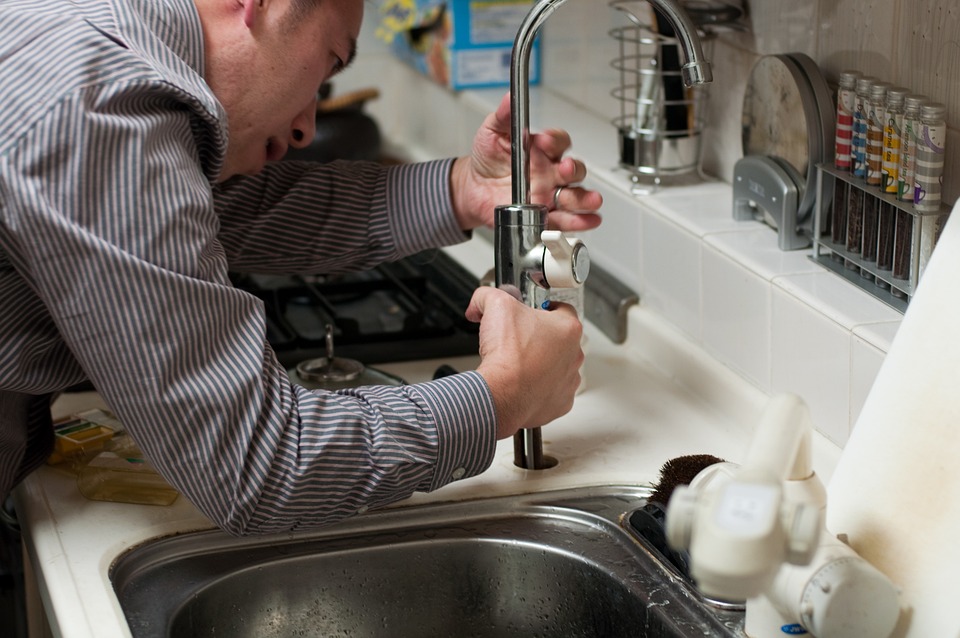Top 10 Common Plumbing Issues and How to Fix Them
Plumbing issues can be a real headache for homeowners. From leaky faucets to clogged drains, these problems can disrupt your daily routine and cause significant damage if not addressed promptly. In this article, we will discuss the top 10 common plumbing issues and provide you with practical solutions on how to fix them.
1. Leaky Faucets
One of the most common plumbing issues is a leaky faucet. The constant dripping not only wastes water but also leads to increased water bills. To fix this problem, start by turning off the water supply to the faucet. Then, disassemble the faucet and replace the worn-out washer or O-ring. Reassemble the faucet and turn the water supply back on.
2. Clogged Drains
Clogged drains can be a major inconvenience. To clear a clogged drain, begin by using a plunger to create suction and dislodge the blockage. If the plunger doesn’t work, try using a drain snake to remove the clog manually. Avoid using chemical drain cleaners as they can damage your pipes.
3. Running Toilets
A running toilet not only wastes water but can also be quite annoying. To fix this issue, start by inspecting the flapper valve in the toilet tank. If it’s worn out, replace it. Additionally, ensure that the float is properly adjusted to regulate the water level in the tank.
4. Low Water Pressure
If you’re experiencing low water pressure in your home, there are a few potential causes. Check the aerator on your faucets and clean or replace it if it’s clogged. If the problem persists, there may be a larger issue with your plumbing system, such as a hidden leak or a faulty pressure regulator. In such cases, it’s advisable to consult a professional plumber.
5. Water Heater Issues
If your water heater is not functioning properly, it can be a major inconvenience. Before calling a professional, check the thermostat settings and ensure they are properly adjusted. If you’re not getting hot water, it could be due to a faulty heating element, in which case it may need to be replaced. For complex issues with your water heater, it’s best to seek professional assistance.
6. Dripping Pipes
Dripping pipes can lead to water damage and mold growth if left unaddressed. To fix a dripping pipe, start by shutting off the water supply to the affected area. Then, locate the source of the leak and apply a pipe repair clamp or epoxy putty to seal the leak temporarily. However, it’s crucial to contact a plumber to fix the issue permanently.
7. Toilet Clogs
Toilet clogs are a common plumbing problem that can be resolved using a plunger. Create a tight seal around the drain opening and push and pull the plunger vigorously to dislodge the obstruction. If the plunger doesn’t work, you may need to use a toilet auger to remove the clog.
8. Frozen Pipes
In colder climates, frozen pipes can be a significant concern. If you have frozen pipes, start by turning off the water supply to prevent further damage. Then, use a hairdryer or towels soaked in hot water to thaw the pipes gently. Never use an open flame to thaw the pipes, as it can lead to a fire hazard.
9. Garbage Disposal Issues
If your garbage disposal is not working correctly, it’s essential to avoid putting your hand inside the unit. First, check if it’s jammed by using a hex key to rotate the blades manually. If the problem persists, press the reset button on the bottom of the disposal unit. If none of these troubleshooting steps work, consult a professional plumber.
10. Sewer Line Problems
Sewer line issues can be more complex and require professional assistance. If you notice foul odors, gurgling sounds, or slow drains throughout your home, it could indicate a problem with the sewer line. Contact a licensed plumber to inspect and repair the sewer line as soon as possible to prevent further damage.
FAQs
- Q: How can I prevent plumbing issues?
- A: Regularly maintain your plumbing system by checking for leaks, cleaning drains, and ensuring proper insulation of pipes in colder climates. Promptly fix any minor issues before they escalate into major problems.
- Q: Can I fix plumbing issues myself?
- A: While some minor issues can be fixed with DIY methods, it’s often best to consult a professional plumber for complex or potentially hazardous problems to ensure proper and safe repairs.
- Q: How often should I have my plumbing system inspected?
- A: It’s recommended to have a professional plumber inspect your plumbing system at least once a year to identify any potential issues and perform necessary maintenance.
For more detailed information on plumbing issues, you can refer to the Top 10 Common Plumbing Issues and How to Fix Them article on our website.

